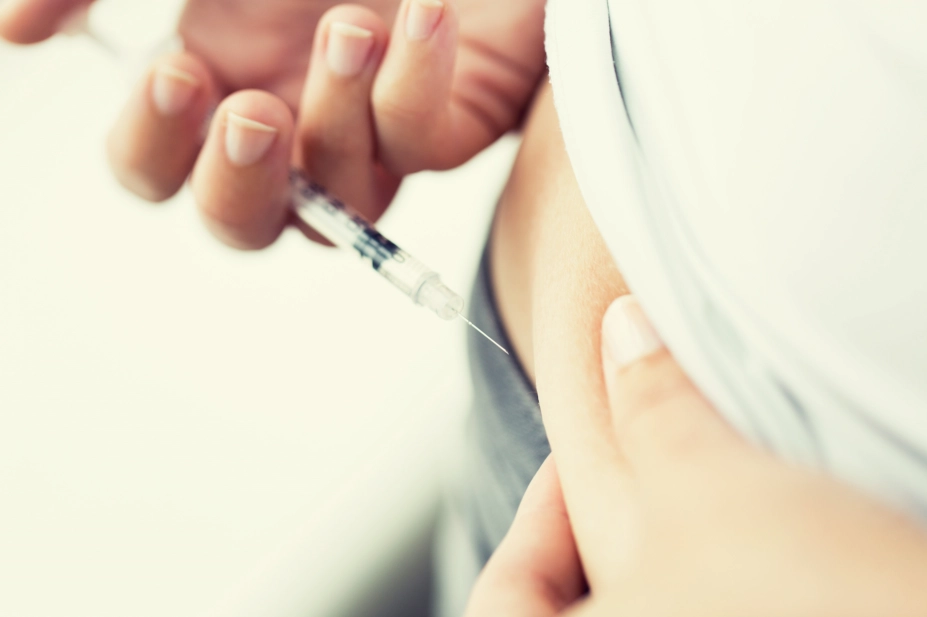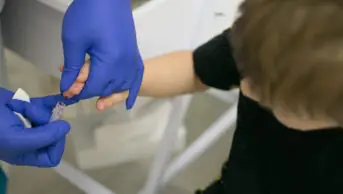
Shutterstock.com
Sulfonylureas and basal insulin confer an increased risk of cardiovascular events compared with newer second-line medicines for type 2 diabetes mellitus (T2DM), research has found[1]
.
A study in JAMA Network Open (21 December 2018) used US insurance data to compare cardiovascular events in 132,737 adults who began taking a second-line antidiabetic therapy, with or without first-line metformin.
Overall, there were 3,480 cardiovascular events during 169,384 person-years of follow-up. After adjustment for confounding factors, the risk of cardiovascular events was similar between dipeptidyl peptidase 4 (DPP-4) inhibitors, glucagon-like peptide-1 receptor agonists, sodium-glucose cotransporter 2 inhibitors and thiazolidinediones.
However, second-line basal insulin was associated with more than a two-fold increased risk of cardiovascular events, and sulfonylureas with a 36% increased risk, compared with DPP-4 inhibitors.
The researchers said their findings raised concerns that the use of these older drug classes may contribute to cardiovascular harms in T2DM.
“This should force providers to think about the cardiovascular effects of these drugs early in the course of diabetes treatment, and shift prescribing patterns to newer drugs that have more favorable cardiovascular profiles,” said lead author Matthew O’Brien from Northwestern University, Illinois.
References
[1] O’Brien M, Karam S, Wallia A et al. Association of second-line antidiabetic medications with cardiovascular events among insured adults with type 2 diabetes. JAMA Netw Open 2018;1(8):e186125. doi: 10.1001/jamanetworkopen.2018.6125


